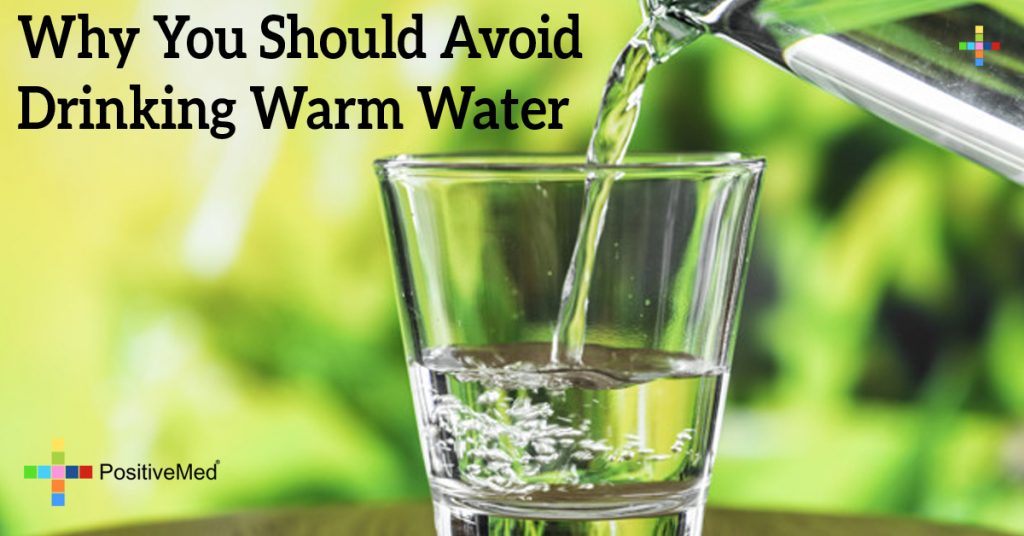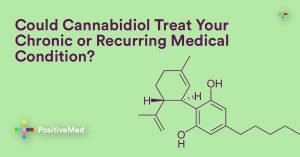
Why You Should Avoid Drinking Warm Water
Every human being is very aware of the body’s most basic and essential need to consume water to survive, and understanding this fact makes it difficult to comprehend the old saying: “Don’t drink the water”. Today, there is actually merit to this old saying when it comes to bottled water. Most people reading this are probably raising their eyebrows in skepticism, so let’s explain further.

What’s in Bottled Water
Despite the contents of bottled water, and the intended health benefits of drinking water, bottled water can be a vessel to consume unwanted and dangerous metals and chemicals. So, what are plastic bottles made of?
Polyethylene Terephthalate (PET): is a plastic resin that bottles are made up of.
When PET is heated up and endures warm to hot environments, it releases chemicals that are called BPAs.
These BPA chemicals in bottled water are Antimony and Bisphenol A.
Antimony is found to have a significant role in gastrointestinal, heart, and lung diseases. Other forms of antimony are found to be cancer-causing since they can be carcinogenic.
Bisphenol A has been banned in use in plastic dishes intended for children and infants in the USA. This is because of its ability to imitate estrogen and its functions.
“Don’t Drink the [Warm] Water”
Now that we know what makes up plastic bottles, here’s why you shouldn’t drink that warm water. A study was released in a renowned magazine that revealed extremely interesting findings. Chinese and American scientists investigated the effects of three various temperatures on 16 different brands of bottled water over a four week period. The temperatures reflected a refrigerator (39 degrees Fahrenheit), room-temperature (77 degrees Fahrenheit), and a hot vehicle (158 degrees Fahrenheit) environments.
The results:
The warmer the bottled water, the higher the levels of antimony and bisphenol A were present.
The bottled water left in the hot vehicle was highly contaminated with the toxic chemicals and metals.
Calcium is often added to bottled water to enhance the healthy benefits of water. Unfortunately, it has been found that the added calcium can actually boost the release of antimony levels in the plastic into the water.
The Bottom Line
- Children are prone to being more affected by the levels of BPA’s in the warm bottled water.
- It has cumulative effects, so don’t make a habit of storing bottled water in vehicles or any environment that reaches warm and hot temperatures, and then drinking from them later.
- Store bottled water in the refrigerator and at room temperature.
- Because the study only investigated bottled water, the dangers that can be present with juices, milk, or flavored waters that are exposed to warmer and hot temperatures are not known. The acidity of the beverages may make effects worse.
Drinking warm water is proving to be more harmful and disagreeable than once thought. Sticking to tap water or cool bottled water is the safest and tastiest option.





